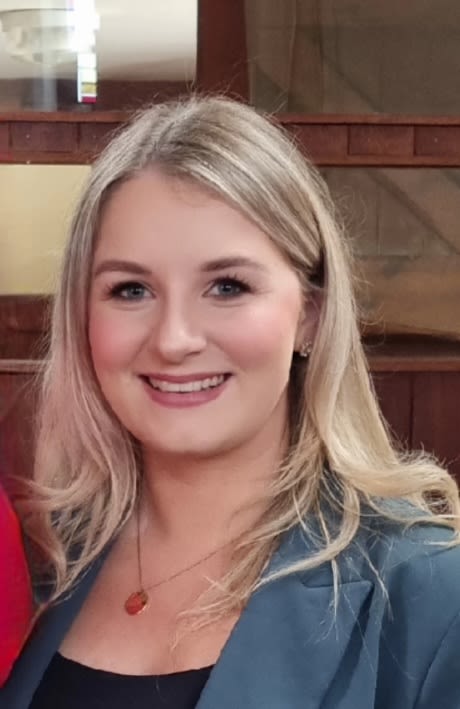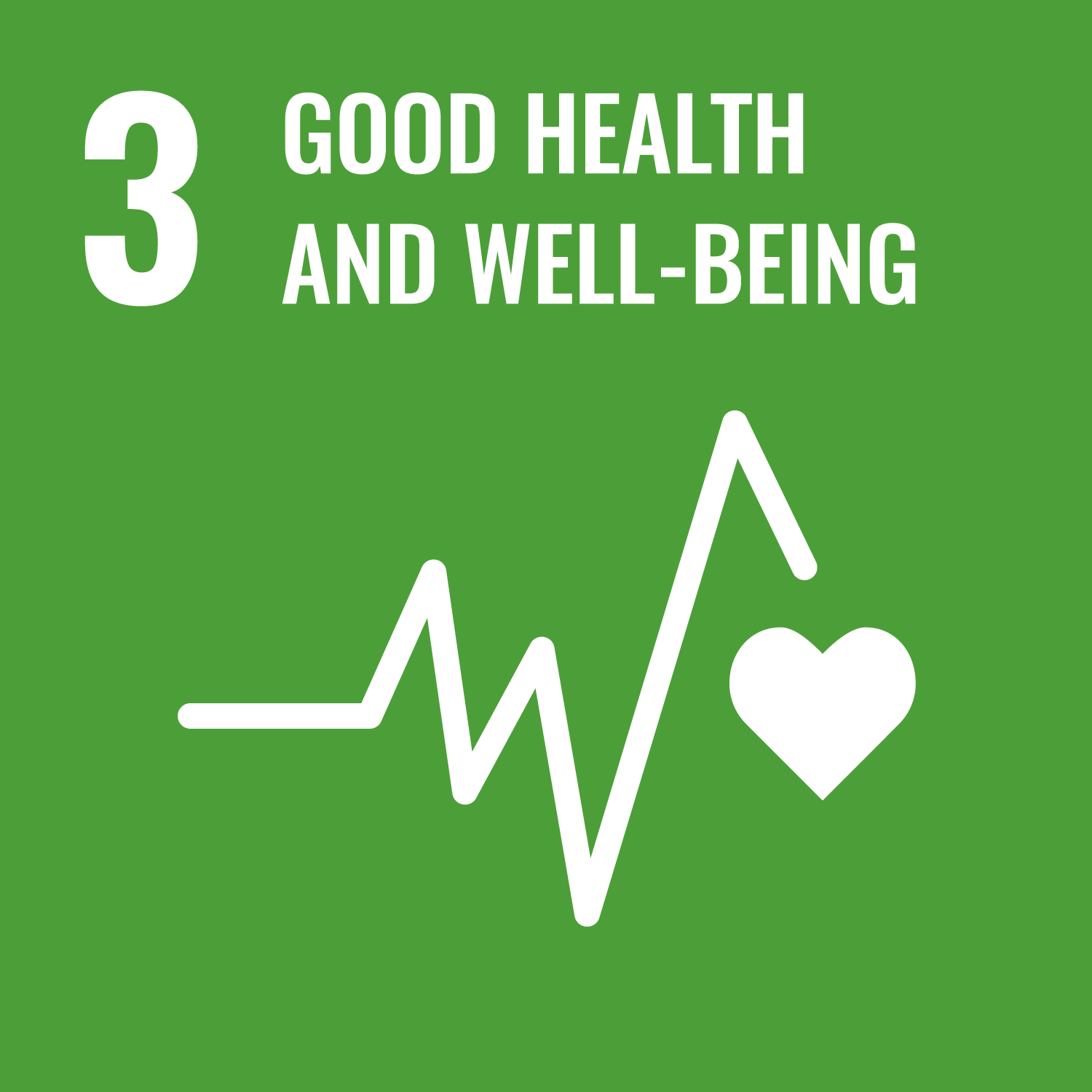Natasha Caulfield
Lecturer in Accountancy & Finance; Programme Director on the Higher Diploma in Financial Analysis
J.E. Cairnes School of Business and Economics, University of Galway



Natasha is a member of the School's Equality Diversity and Inclusion Committee and has served on the recent Athena Swan working group.
Natasha is a graduate of University of Galway having completed the Bachelor of Commerce (Accounting). Following this, Natasha completed her Chartered Accountants Ireland training contract (ACA). Prior to joining University of Galway, Natasha gained experience in practice and industry firms.
Natasha teaches in the area of financial and management accounting, and has experience of teaching at undergraduate and postgraduate levels.
Natasha's research interests lie in the area of management control systems, specifically management controls in hospital settings. Natasha is interested in the interrelationship between management control practices and professional and social identities of midwives, and how workplace behaviours are shaped.
Natasha's work contributes to these SDGs

Natasha was nominated for the Dean’s Award for Inclusive Teaching in May 2023 and for the President’s Award for Teaching Excellence in 2020.
Key Target 17.6 - Knowledge sharing and cooperation for access to science, technology and innovation
Natasha was an Award winner of the ‘Doctoral Research Funding Competition’, presented by IAFA (Irish Accounting and Finance Association) in June 2023 and was awarded funding through the College Strategic Research Support Fund in 2022.

Teaching

Accounting and Management Control for Sustainable Organisations The objectives of this module are to facilitate students in developing an ability to critically evaluate the conceptual and practical issues in the design of managerial control systems for sustainable organizations, including: triple bottom line, distinctive budgetary and non-budgetary mechanisms, divisional performance evaluation, and strategic performance management systems.
Supporting Targets: 4.7 Education for sustainable development and global citizenship; 9.2 promote inclusive and sustainable industrialization

Photo by Martha Dominguez de Gouveia on Unsplash
Photo by Martha Dominguez de Gouveia on Unsplash
Direct impact SDG Targets
3.4 - Reduce mortality from non-communicable diseases and promote mental health
3.7 - Universal access to sexual and reproductive care, family planning and education
4.4 - Increase the number of people with relevant skills for financial success
17.6 - Knowledge sharing and cooperation for access to science, technology and innovation
17.19 - Further develop measurements of progress
Indirect
3.1 - Reduce maternal mortality
3.8 - Achieve universal health coverage
8.6 - Promote youth employment, education and training
16.6 - Develop effective, accountable and transparent institutions

